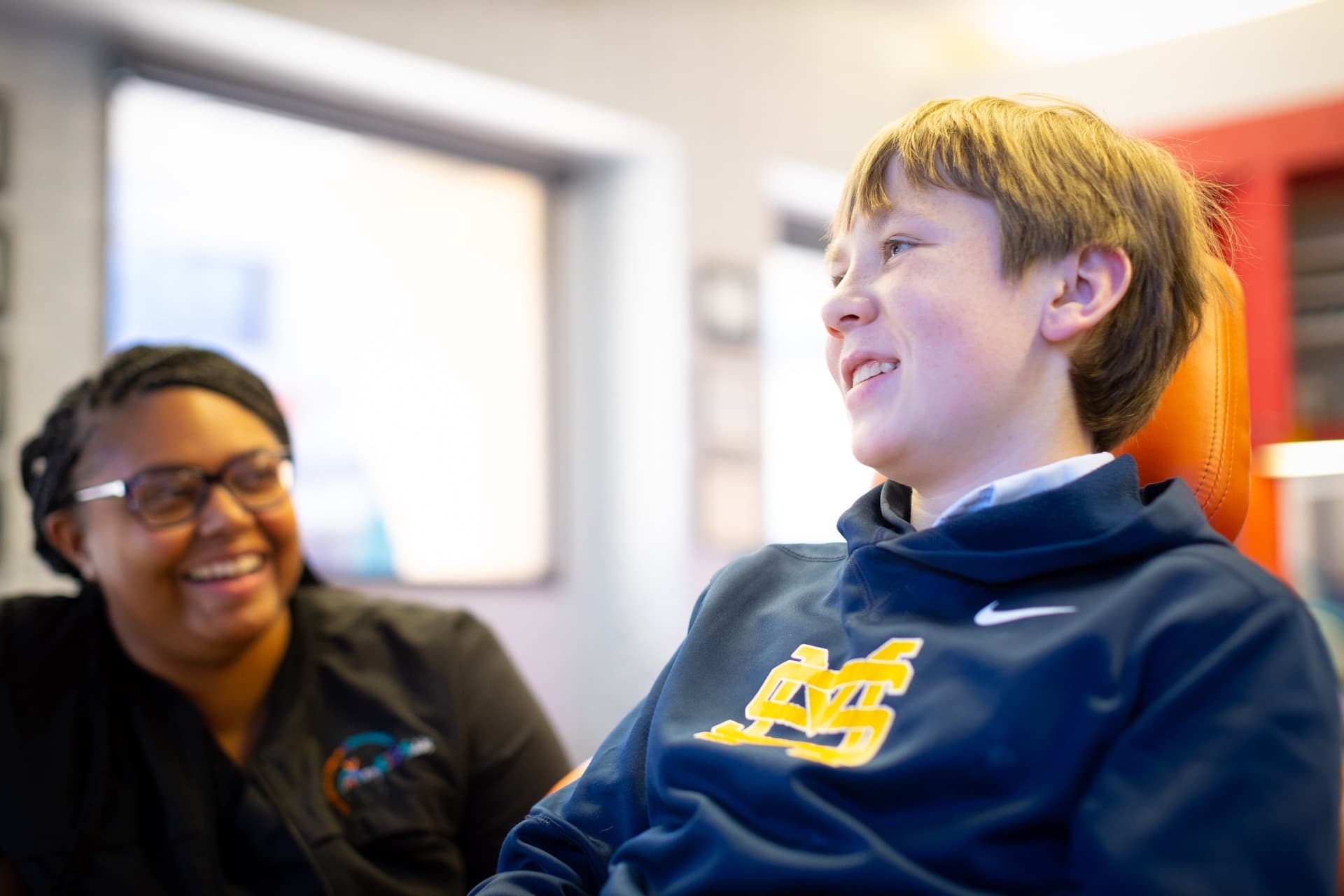Q: My preschooler has been grinding her teeth in the night lately, should we be concerned? Is there anything we can do to help her stop?
A: Teeth grinding, or bruxism, in children is actually fairly common. The American Academy of Sleep Medicine estimates that between 14 and 17 percent of children grind or clench their teeth at night, particularly children ages five and under. Usually, bruxism in children doesn’t require treatment, as most will grow out of the activity as their mouths mature and develop. However, in cases where teeth grinding while sleeping is a symptom of a larger problem or where there is damage to the permanent teeth, intervention may be necessary.
Teeth Grinding In Children
Parents are often alerted to their child’s bruxism when they hear his or her teeth grinding while sleeping. While teeth grinders rarely wake themselves up, for others sharing the room or bed, the noise can be very loud and disruptive. Other signs that bruxism may be present are complaints of tooth and jaw pain, especially in the morning.
Why Do Kids Grind Their Teeth?
One reason your child could be grinding his or her teeth is a misaligned bite, or malocclusion. As new teeth erupt, their mouth is constantly evolving and changing, which can cause teeth to clash in the natural bite. This is perfectly normal and will usually be resolved with the arrival of the remaining permanent teeth. Fitting a night guard during this period is usually not recommended as the affected teeth are continuously moving and falling out. If the malocclusion continues with the arrival of permanent teeth, orthodontic care can be used to re-position teeth and correctly align the bite.
What Causes Teeth Grinding?
Bruxism in children can also be a symptom of an airway obstruction. During deep sleep, our muscles relax and airway passages collapse. If we aren’t getting enough oxygen while sleeping, the body’s natural response can be to clench or grind our teeth in an attempt to activate the muscles and reopen the airway. Bruxism is increasingly being recognized by doctors as an early sign of sleep apnea in children and adults. In this case, simply treating the grinding will not fix the problem. In fact, a night guard could further obstruct the airways and make sleep apnea worse. Airway obstructions in children are usually caused by large tonsils and/or adenoids and should be evaluated by an ear, nose, and throat specialist (ENT) to see if removal is a good option. Snoring and mouth breathing are other indicators that there may be an airway issue, even in cases where grinding or clenching isn’t present.
Other Causes of Teeth Grinding While Sleeping
Mood and medications have also been found to play a role in teeth grinding. Most commonly, antidepressants and medications used to treat ADHD are known to increase bruxism in children and should be monitored for side effects. Stress has long been linked to bruxism, primarily in teenagers and adults. If your child is experiencing unusual stress at home, school, or sports, it may cause periods of unusual bruxism. In both cases, working with the prescribing doctor to find a medication that is a better fit and/or treating the source of the emotional stress will help to alleviate the bruxism.


Reach Out To myKIDSdds Today!
If you suspect your child may be grinding his or her teeth while sleeping, share your concerns with their dentist at the next cleaning. While bruxism in children is a common developmental stage, a doctor will be able to evaluate their airway and the wear on their teeth before making recommendations.

















